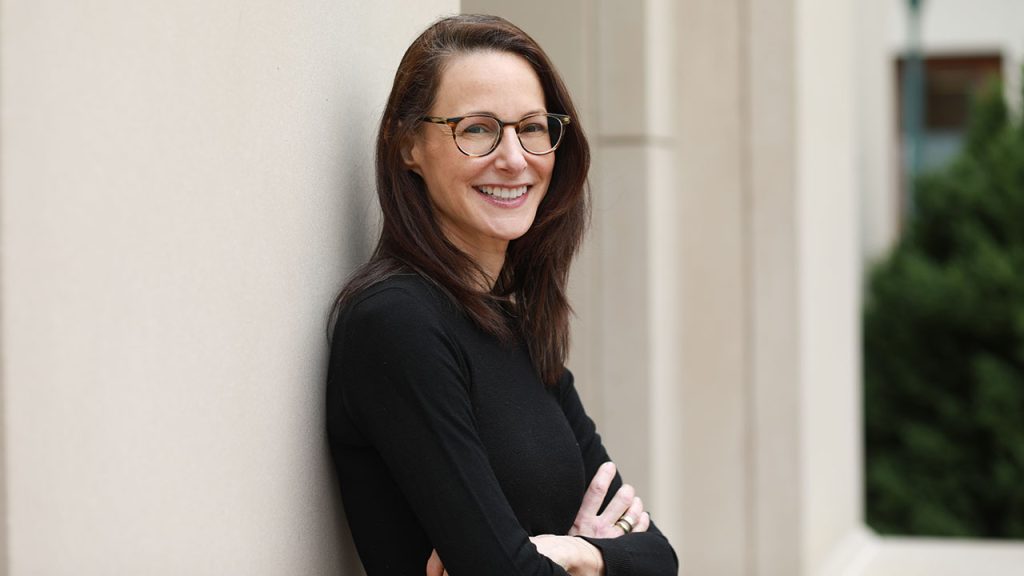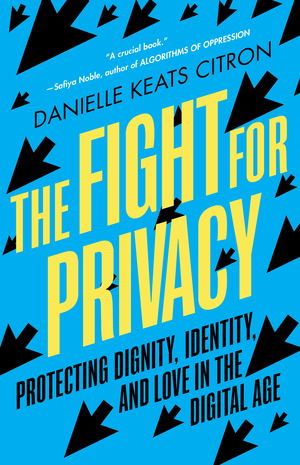When Danielle K. Citron published the article “Cyber Civil Rights” in the Boston University Law Review in 2009, some of her peers were less than supportive.
“People were like, ‘You’re making a mountain out of a molehill. Relax. The internet needs to be free,’” said the 1994 Fordham Law School grad.
But the article changed the trajectory of Citron’s career. Her groundbreaking scholarship and advocacy on issues involving intimate privacy and online abuse are recognized internationally for their vital importance to an evolving understanding of ethics in the digital age. She earned a MacArthur Fellowship (aka “genius grant”) five years ago, and today she’s a distinguished professor of law at the University of Virginia.
“I was accused of wanting to kill free speech,” Citron said. “But I stuck to my guns. This is important.”
In a world where lawmaking lags behind the rapidly accelerating speed of technology, Citron is aiming to close that gap. She focuses on finding legal solutions to a wide array of online abuses, from cyberstalking and harassment to harmful deepfakes—digitally manipulated videos and images that are becoming increasingly indiscernible from reality. Threats like these disproportionately affect women and minorities, she said, making these issues “the civil rights cause of our time.”
“That’s the worst—the everyday person who’s targeted. They shut down their LinkedIn, Facebook, X accounts; they literally just go offline,” she said. “When you chase a woman offline, she cannot participate [in society].”
Since 2013, Citron has been vice president of the nonprofit Cyber Civil Rights Initiative. She has published two acclaimed books, including The Fight for Privacy: Protecting Dignity, Identity, and Love in the Digital Age (2022), and spent more than a decade working with law enforcement, legislators, and large tech companies to create reforms that give recourse to people who are targeted online.
Most recently, Citron partnered with U.S. Rep. Jake Auchincloss to draft a bill that would reform Section 230 of the Communications Decency Act—a law that protects platforms from liability for harmful or false content they host. The proposal includes stricter regulations against digital forgeries, cyber stalking, and intimate privacy violations.
For Citron, the through line across her career is one that was strengthened during her time at Fordham, both as a student and a professor of the law.
“The work that I do is on behalf of the vulnerable,” she said. “That is so consistent with the Fordham mission.”
A decade ago, Fordham officially became a “changemaker campus.” But the changemaking impulse has been at the heart of a Fordham education for generations. Read more about other Fordham changemakers.
RELATED STORY: How Dr. Suzanne Lagarde Is Expanding Access to Quality Health Care
RELATED STORY: Anthony Martinez Is Bringing Bronxites to the River


